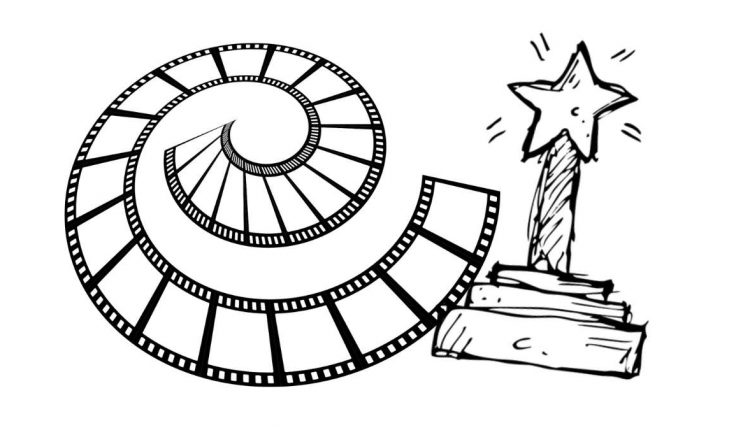Film PR
What is the job profile of a Film PR?
Film PR professionals are crucial in managing and promoting a film’s public image. They build relationships with news websites, distribute press releases, pitch stories, and arrange media interviews. They organize press junkets and screenings, manage crises, and promote film-related events. They monitor news websites for coverage and feedback, collaborating with marketing teams to ensure a cohesive promotional strategy. Film PR is essential for creating a positive public image and generating buzz for films in the digital age, particularly on news websites.
In the world of showbiz, creating a buzz and garnering attention for a film is just as important as producing a captivating movie. This is where Film Public Relations (PR) professionals come into play. Film PR experts play a crucial role in promoting and managing the public image of a film and its cast and crew. In this article, we will explore the job profile of a Film PR professional, focusing specifically on their role in mainstream web media.
-
Media Relations
One of the primary responsibilities of a Film PR professional is building and maintaining relationships with mainstream media outlets, especially news websites. This involves:
- Press Releases: Drafting and distributing press releases to announce important film-related events, such as trailer launches, press conferences, and premiere dates.
- Pitching Stories: Identifying newsworthy angles within the film and pitching these stories to journalists and editors at news websites.
- Media Interviews: Coordinating interviews with the film’s cast and crew, ensuring they receive maximum exposure on news websites.
-
Press Junkets and Screenings
Film PR experts are responsible for organizing press junkets and screenings for journalists and critics. This involves:
- Scheduling: Coordinating the timing and location of press events to ensure maximum attendance and coverage.
- Invitations: Sending out invitations to journalists, bloggers, and critics to attend screenings and interview sessions.
- Managing Coverage: Monitoring and facilitating media coverage of screenings and junkets on news websites.
-
Crisis Management
Film PR professionals must be prepared to handle any crises that may arise during the production or release of a film. This includes:
- Damage Control: Responding to negative news or controversies associated with the film promptly and effectively to mitigate potential damage to its reputation.
- Statement Release: Drafting and issuing statements to clarify misunderstandings or address sensitive issues when necessary.
-
Event Promotion
Promoting film-related events such as premieres and film festivals is a significant part of a Film PR professional’s role. This involves:
- Coordination: Working closely with event organizers to ensure the film’s participation is well-publicized on news websites.
- Red Carpet Management: Organizing red carpet events and securing media coverage to create a buzz around the film.
-
Media Monitoring
To gauge the effectiveness of their PR efforts, Film PR professionals closely monitor news websites for coverage and feedback. This includes:
- Media Tracking: Keeping a record of articles, reviews, and mentions related to the film.
- Feedback Analysis: Analyzing audience and critic responses to the film as reported on news websites.
-
Collaboration with Marketing Teams
Film PR professionals collaborate closely with marketing teams to ensure a cohesive promotional strategy. This includes:
- Content Sharing: Providing news websites with promotional content such as posters, teaser videos, and exclusive behind-the-scenes footage.
- Coordinated Campaigns: Aligning PR efforts with marketing campaigns to maximize the film’s exposure on news websites.

